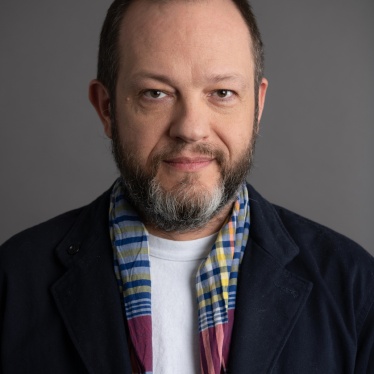With the horrors of the Second World War fresh in their memory, European leaders, including Winston Churchill, created the European Convention on Human Rights as a system to guard against future abuses. It took effect 60 years ago today. To keep these promises, they also founded a regional court to step in when national courts were unable or unwilling to protect people’s rights.
The convention and the court (which began work in 1959) together represent a jewel in the crown of the international human rights system, rightly envied around the world. They safeguard the rights of more than 800 million people across the Council of Europe region. The court is a beacon for justice for victims in Russia and Turkey, where it recently pressed for an end to abusive policing tactics. It has established that British military forces have to respect rights overseas, and called out school segregation for Roma in Eastern Europe.
Inevitably, the European court has faced criticism, much of it from governments who find its rulings inconvenient. In some ways the court has become a victim of its own success, with a large backlog of pending cases. But it has taken positive steps towards reform, cutting the size of the backlog and prioritizing the most important cases. The main obstacle to its effective functioning remains the reluctance of some governments to fully implement its rulings and tackle persistent abuses.
Without the European court, migrants would be at greater risk of abuse in Europe or even forced back to countries where they would likely face abuse. The court has made clear that states have a duty to protect women from domestic violence and made major contributions towards combating discrimination on the grounds of gender, sexual orientation, disability, and ethnicity. Its many achievements deserve to be celebrated.







